Malaysia Airlines Berhad has released an update on its restructuring, with indications that positive progress is being made, despite reduced staffing, macro-economic issues and adverse currency exchange rates. The concurrent announcement of the new codesharing agreement with Emirates is also being viewed as a positive move as each will benefit from access to routes currently not covered.
Some of the main points covered in the update:
1. Network expanded via new global aviation partnership with Emirates while remaining a member of the oneworld alliance
The inking of the new partnership with Emirates will see the suspension of Malaysia Airlines flights to Paris and Amsterdam from 25th January 2016. Sales under this new codeshare agreement will commence from 1st February 2016. For more information on the partnership, read our article.
2. Seven new crew bases will be opened across Peninsular Malaysia, Sabah and Sarawak to improve connectivity and service quality
Eighteen Boeing 737-800s will be relocated, with locally employed pilots and cabin crew staff to permanent bases in Kota Kinabalu, Kuching, Miri, Labuan, Kota Bahru, Penang and Johor Baru. This move will improve connectivity and service quality on the domestic network, boosting local economies and fostering inbound tourism. In addition, Malaysia Airlines has also applied to extend its rural contract agreement with the Ministry of Transport, further underlining its commitment to rural air service in Sabah and Sarawak.
Operations in Kuala Lumpur International Airport (KLIA) are to be streamlined by early 2016, to concentrate operations in the main terminal ensuring faster and more reliable baggage transfer and enable quicker connections for ASEAN passengers between international and domestic flights to enhance customer satisfaction. A move to new headquarters has now been completed with most of the working teams now under one roof in KLIA’s South Support Zone. This centralised working environment allows for better working access and teamwork across the separate divisions.
3. Negative trend of revenue per available seat kilometer stopped and reversed
The route optimisation work conducted in the previous quarter has already started to show the anticipated effect. Revenue per available seat kilometer for the quarter has improved year on year with the seat load factor also showing improvements.
Demand out of China and North Asia is showing steady growth, boosted by increased inbound tourism demand. Capitalising on this, Malaysia Airlines has signed an agreement to operate 180 additional charter flights from China to Sabah, with plans to expand on this number.
The airline’s charter service has proven to be popular, with the Umrah operations ferrying pilgrims to Madinah on its A380-800. This year saw an increase in capacity from 282 seats to 494 per flight on 45 direct flights from Kuala Lumpur to Madinah.
4. Cost saving measures and renegotiation of vendor contracts
With the reorganisation of the Group into more than ten subsidiaries, significant cost saving initiatives has been identified across group with a focus on the renegotiation of uncompetitive contracts with suppliers. In a structured process, most vendor relationships will be re-tendered over the months ahead in order to reduce the number of suppliers and to consolidate purchase volumes for better discounts.
With most of the aircraft leasing contracts still under the purview of Malaysia Airline System Berhad which is in administration, the new airline will only permit leasing agreements at competitive market rates, with contract renegotiation continuing into 2016.
5. A new product strategy with enhanced customer experience to be rolled out over the next 18 months
Greater focus has placed on improving customer service with the introduction of a premium business class lay flat seat for the A330-300 fleet marking the beginning of a planned product roll-out of more customer centric, personalised and innovative offerings. The fully flat seat will be introduced from April 2016 on all A330-300 aircrafts and is expected to be completed by September 2016. Other new and improved product offerings are in the pipeline, including a new catering concept in all classes and on-board Wi-Fi.
The customer experience is being re-examined across the group, beginning with a total refurbishment of KLIA lounges. More generally for all customers, will be a centralised global customer contact centre with reservations and ticketing housed together to ensure faster response times.
Malaysia Airlines has seen an improved on-time performance (OTP) since the transition as anew entity on 1st September 2015, with 89.8% OTP on the day despite major disruptions caused by the recent haze.
6. Strengthening the Leadership team and enhancing Corporate Governance
The MAB Board of Directors has recently approved two new policies – the Malaysia Airlines Group Governance Framework and the Corporate Approving Authority Policy (LOA) – to improve empowerment and accountability to improve transparency, accountability and good corporate governance.
Malaysia Airlines is working towards a new group structure which will streamline its operations into individual profit centre subsidiaries such as airline, ground handling, cargo, engineering and aircraft ownership to ensure P&L (profit and loss) accountability, unlocking the value of assets by driving new levels of operational and financial efficiency. Concurrently the airline is disposing its non-core assets for better management focus on its core business.
The leadership team is now complete with the appointment of Omar Siddiq Amin Noer Rashid as the Chief Financial Officer, Claudia Cadena as the Chief Human Resource Officer and Linda Yeow as Head of Corporate Finance. In additional appointments, Executive Counsel, Nik Azli Abu Zahar and Chief Commercial Officer, Paul Simmons have joined the company.
7. The establishment of a Work Council to promote and foster industrial harmony
The development of talent and human capital will be a major focus to ensure a more robust and sustainable organisation. This will cover both Leadership and other positions within the company.
The Malaysia Airlines Work Council, expected to be fully established by January 2016 is intended to provide a platform for employees to brainstorm ideas, voice concerns and ultimately work together with management towards a common goal. The council will have two elected representatives from the separate employee groups which include pilots, cabin crew, engineers, ramp services and cargo handling amongst others. The formation of the Work Council will enable Malaysia Airlines to begin with a new and mutually cooperative relationship between management and employee groups.
8. IT as an important enabler
Underpinning these initiatives is the overhaul of Malaysia Airlines’ IT systems as the airline looks to become a technology driven company. The airline will be introducing systems for easier and faster bookings both on the website and on mobile applications. Tenders have been called for the new passenger service system and following selection of the successful company, implementation is expected start in the first quarter of 2016. The airline has also signed a contract to introduce AirPas, a state-of-the-art software system, to maximise cost savings from ground operations and audit accurate billing. AirPas has been successfully used by other world leading airlines and the company is looking at a target saving of up to 20% on ground operations over the next 18 months.
In addition, the IT strategy has been approved to enable a new data centre. The migration to a state-of-the-art cloud based data centre infrastructure will improve reliability and resilience and data protection.
…We are working hard to change the structure of the airline fundamentally, from the inside out. This will involve looking at process, efficiency and tighter cost controls. Through diligent execution, we’ve scored some quick wins this quarter. There is still a long way to go towards putting in the foundations for sustainable long term growth, but our progress in the quarter signals a positive trend in the right direction. Malaysia Airlines’ CEO Christoph Mueller
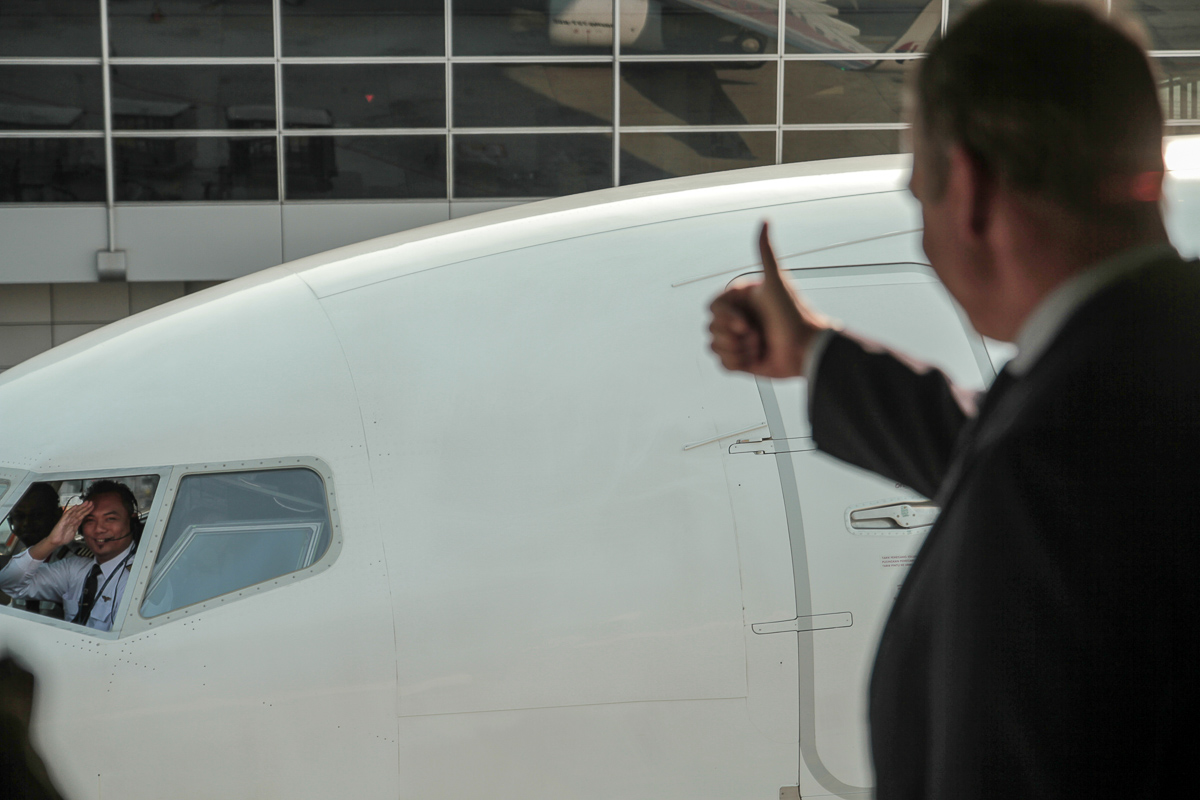
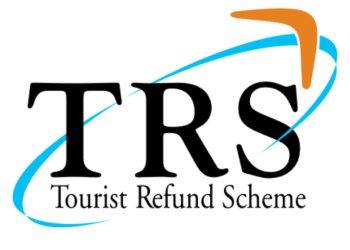
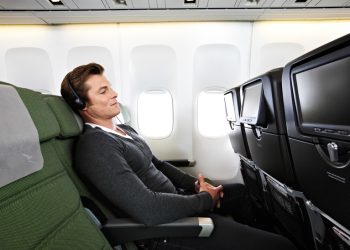

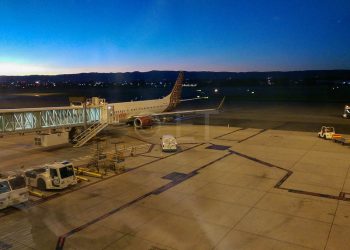
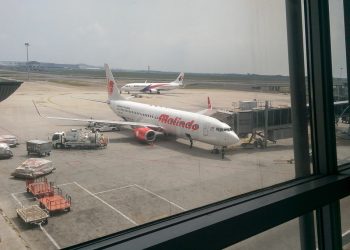
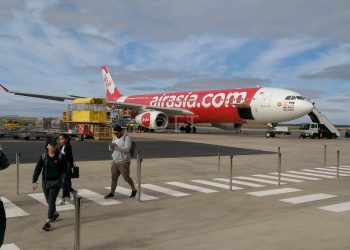
This Post Has 0 Comments